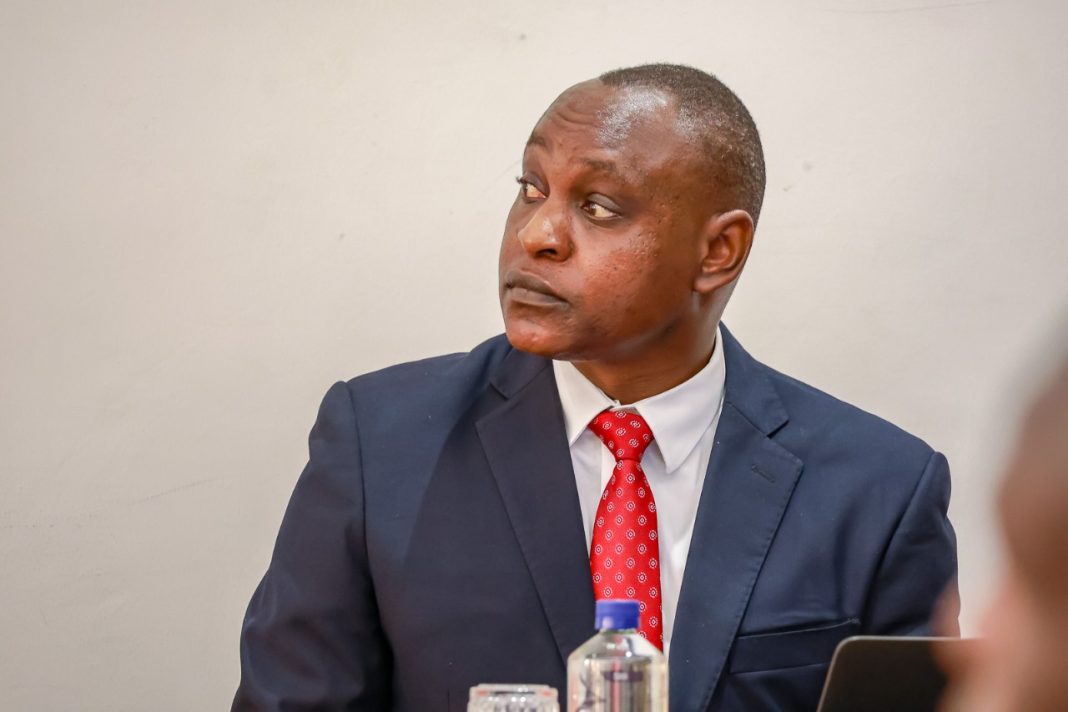By Billy Mijungu
The introduction of Electronic Government Procurement, popularly known as eGP, is one of the most significant reforms in the management of public resources. For years, the tendering process has been clouded by unscrupulous practices that drained public finances, discouraged genuine suppliers, and entrenched corruption. The arrival of eGP is set to change that reality.
Just as the Integrated Financial Management Information System once faced resistance, eGP is already encountering opposition. But this is expected. Every major reform that threatens entrenched interests is bound to face rejection. The truth, however, is that eGP is inevitable. If Kenya is serious about austerity measures and the prudent use of scarce resources, then there is no better time than now to fully implement the system.
The greatest advantage of eGP is transparency. It automates processes that were once shrouded in secrecy, making it easier to track procurement activities across ministries, departments, and agencies. No longer will tenders be issued in dark corners or awards made based on favoritism. Instead, every stage of procurement can be monitored and verified.
Still, as we implement eGP, we must also look ahead to the next frontier in public finance reform. That frontier is the cost of procurement and the cost of settlement. Procurement is not just about eliminating corruption; it is also about efficiency and value for money. The system must be designed to categorize what can be procured directly without exhaustive processes. Some items, like basic office supplies that can be purchased even at a kiosk, should not consume the same bureaucratic effort as major infrastructure contracts.
Equally important, there must be clarity on what should be procured at government to government level and on the thresholds that justify such arrangements. This will ensure that economies of scale are harnessed where possible and that strategic national interests are safeguarded.
Settlement of payments is another critical issue. Many suppliers have been driven to bankruptcy because of delayed payments for goods and services already delivered. This not only discourages investment but also inflates costs since suppliers build in risks and delays when quoting for tenders. By linking procurement directly with timely settlement mechanisms, eGP can help government reduce unnecessary costs, build trust with suppliers, and encourage competitive pricing.
Examples from other countries show what is possible. South Korea, which is often cited as a pioneer of electronic procurement, launched its KONEPS system two decades ago. Today it handles millions of transactions annually and has cut administrative costs significantly. Suppliers no longer wait endlessly for payments, and government enjoys real time tracking of every tender. Rwanda has also embraced an e procurement platform that is widely recognized for its openness. By placing all government tenders online, the country has improved participation by small and medium sized enterprises and strengthened its reputation for accountability. Kenya can borrow lessons from these experiences by ensuring eGP is not just a tool for digitization but a driver of cost reduction and fairness.
Transparency must not stop at internal processes. The system should provide a public interface, a website where citizens can track procurement activities. This should include graphical displays that make it easy to see what is being purchased, at what cost, and by which government unit. Such openness will foster accountability, discourage misuse of funds, and strengthen public confidence. When the public can see clearly how resources are being used, the pressure for accountability grows naturally.
The journey will not be easy. Resistance from within government institutions is real because many stand to lose from the new order. But just as IFMIS eventually became part of the financial system despite its early opposition, eGP too will prevail. Government must soldier on with determination and ensure that every unit is fully on boarded. Half measures will only perpetuate loopholes.
In the end, eGP is not just a technological shift; it is a cultural change. It is about creating a government that is efficient, open, and fair. Once corruption in procurement is curtailed, attention must move to reducing the actual costs of procurement and ensuring timely settlement. That is how the government will save money, encourage genuine suppliers, and strengthen public trust in how resources are managed.
The true test of eGP will not be in its adoption alone but in how it reshapes the culture of procurement and settlement. If fully embraced, it will stand as one of the strongest pillars in building a transparent and accountable government for the future.




